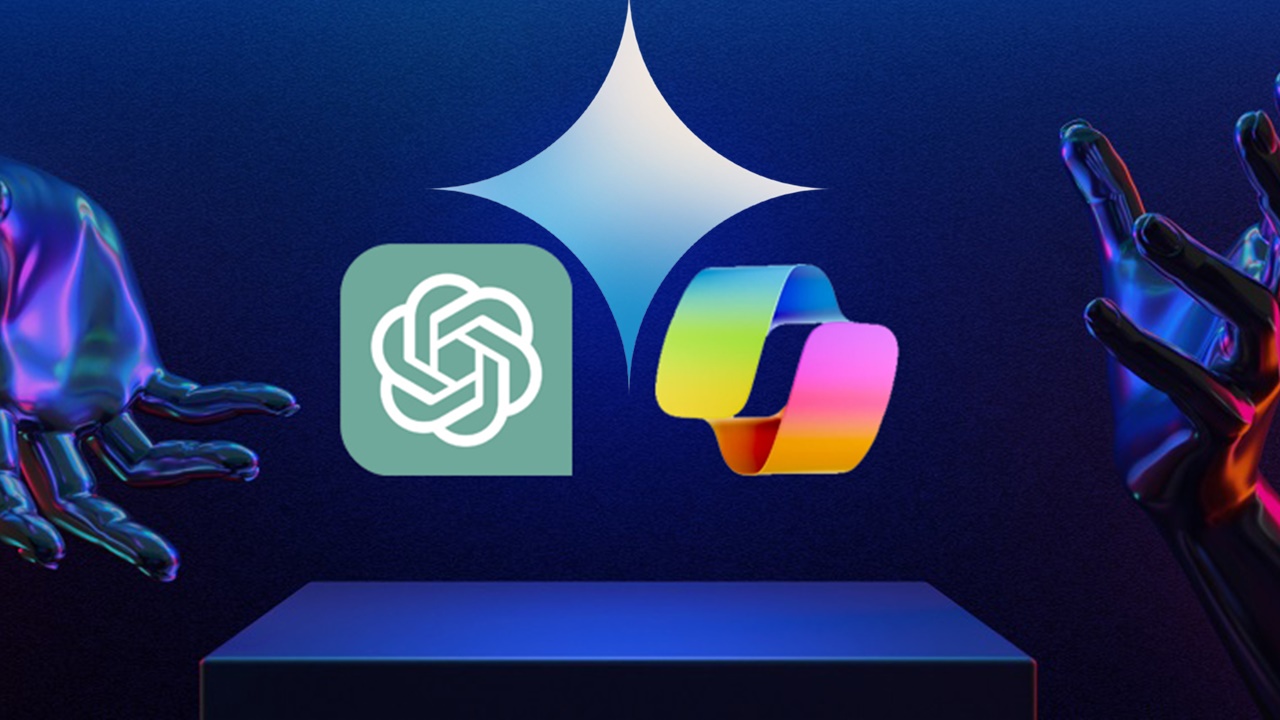As the AI-based chatbot race between Google and OpenAI heats up, Amazon-backed Anthropic has not remained silent. In this context, Anthropic Claude 3 artificial intelligence model, which is reported to have much more advanced features, was introduced.
Anthropic Claude 3 features
Anthropic has announced the release of its latest productive AI model, Claude 3. The company claimed that Claude 3 outperformed popular competitors such as OpenAI GPT-4 and Google Gemini in various benchmark tests.
Claude 3 offers new features beyond basic text chat. For the first time, it offers “multimodal” support, allowing users to upload photos and documents for analysis. It was stated that Claude 3 can create summaries, notes, emails or stories with the help of this data.
Anthropic introduced three versions of Claude 3: Opus, Sonnet and Haiku. Opus was presented as the most powerful of these models. For example, it was claimed to be able to summarize up to 150,000 words of input, comparable to novels like Moby Dick. The smaller Sonnet and Haiku models offer less capacity.
Anthropic reported that it developed Claude 3 with a team of up to 150 people and spent more than a year in this context. The company received $7.3 billion in funding last year amid the boom in generative AI, but did not disclose training costs for Claude 3.
While the “multimodal” nature of AI opens up new uses, it also brings risks, such as producing inappropriate or inaccurate images. However, Anthropic said that Claude 3 does not create its own images, but only analyzes user data.
With Claude 3, Anthropic aims to take on leaders in conversational AI, such as OpenAI’s ChatGPT, and stake a claim in the burgeoning but controversial field of generative AI.














